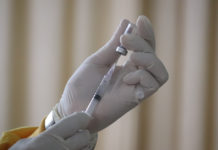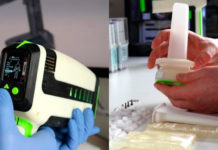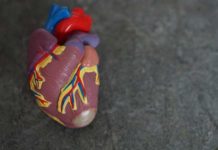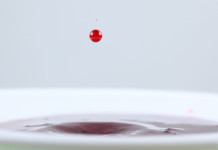 Immortality is a dream that has occupied the minds of all generations and is still not realized. However, the scientists from Arizona State University (USA) managed to approximate the solution to this problem.
Immortality is a dream that has occupied the minds of all generations and is still not realized. However, the scientists from Arizona State University (USA) managed to approximate the solution to this problem.
Human nature is complicated and clearly structured: every process in the body is controlled by a special enzyme, substance or phenomenon. For example, telomerase, a newly discovered enzyme responsible for the length of telomeres or chromosome endings during cell division, is “in charge” of the death and growth of cells. Telomerase not only prevents the aging of the body but also helps avoid cell mutations.
Our body cells are not immortal, and as a result of each division (synthesizing the “repeated” DNA sequence), the telomere size becomes smaller and smaller. At some point, telomeres become so small that it causes the death of the cell. American scientists, led by Prof. Julian Chen, managed to identify an important stage in the catalytic (closed) cycle of telomerase. It turns out that the enzyme has a built-in “braking system” that supports the process of telomeric repeat synthesis. This mechanism affects the overall activity of telomerase, the reduction of which leads to a reduction in telomeres and, as a result, to cell death.
In the course of their research, the scientists relied on the works of Leonard Hayflick, who more than 50 years ago established the fact that cells have a limited ability to replicate, that is to reproduce themselves. This period of time was called the “Hayflick limit”, and it reflects the number of divisions and repeats of the self-copying of cells.
Now, modern scientists need to find a way to influence the activity of telomerase, which will restore the original length of telomeres. This will stop human aging and reveal a wide range of possibilities to doctors. In particular, it will allow them to save people from many diseases caused by cellular mutations – from idiopathic lung fibrosis to aplastic anemia and other ailments.






